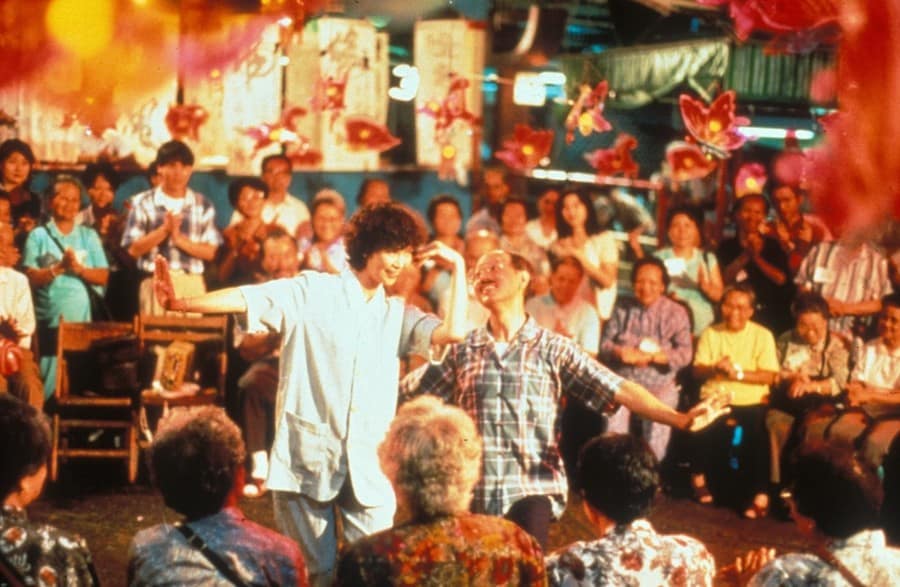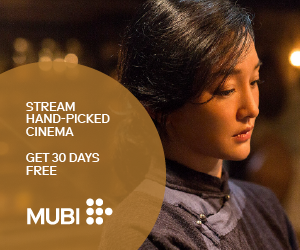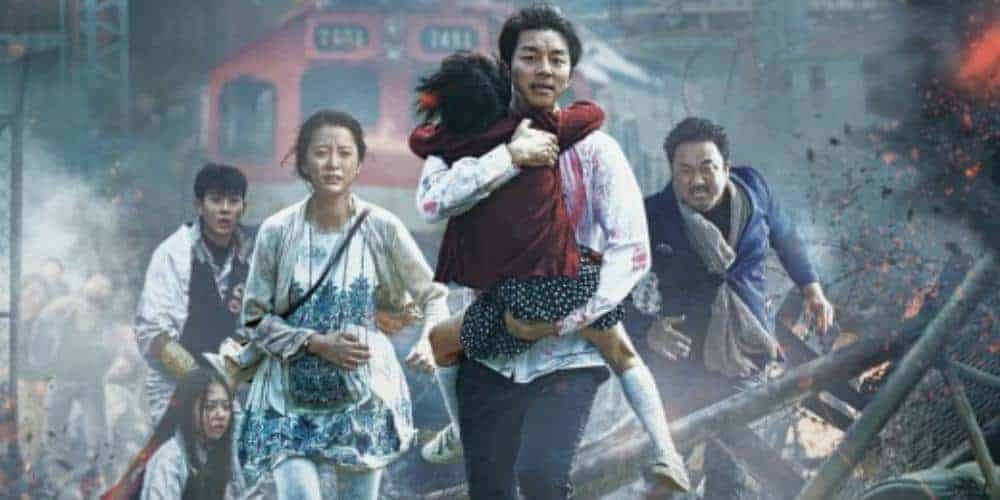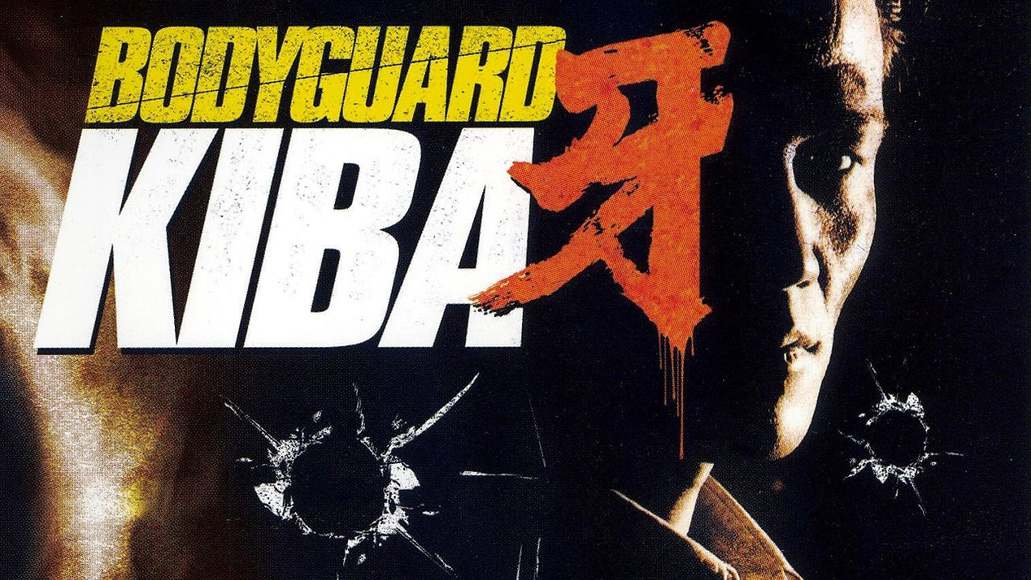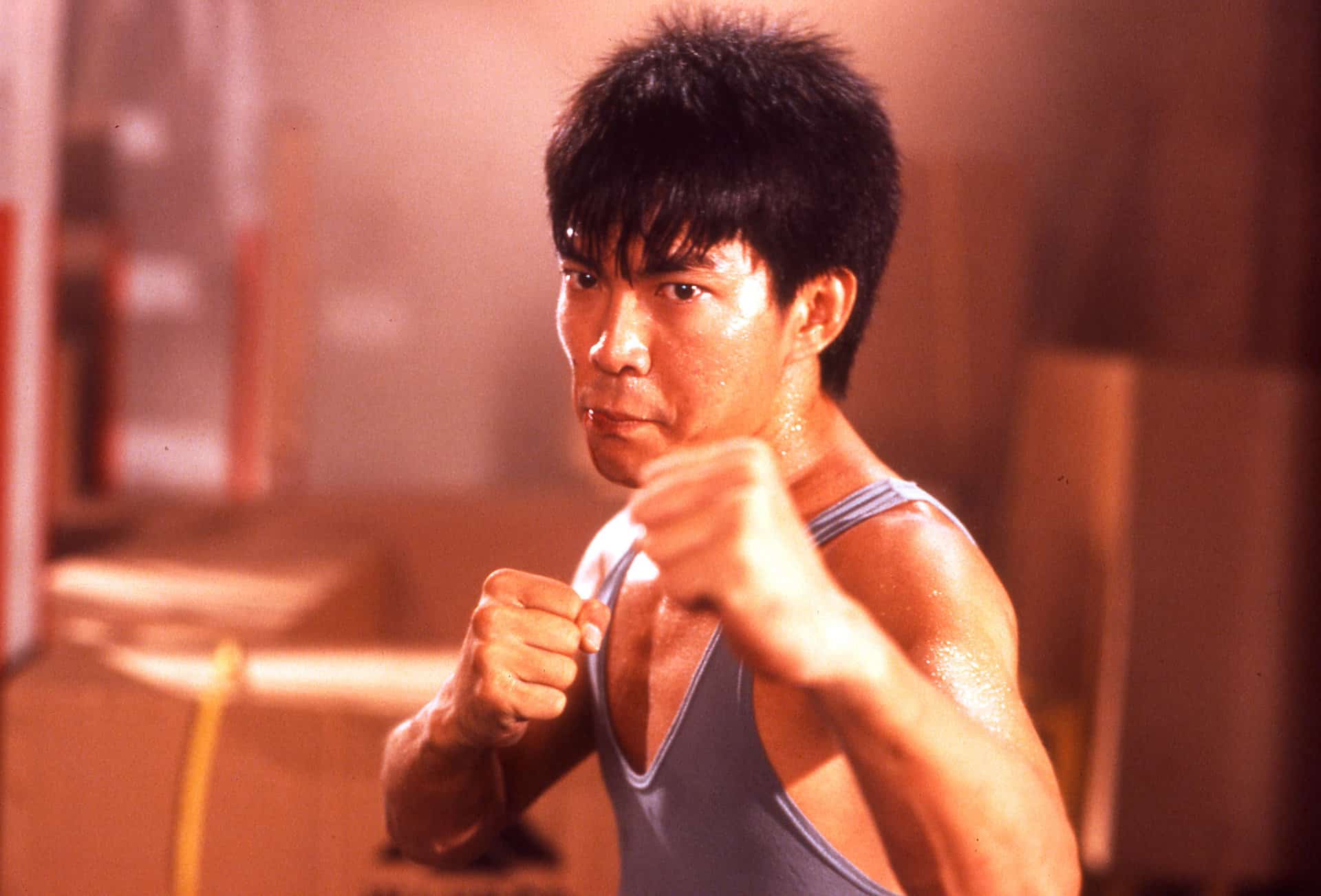Among the most prominent members and one of the “instigators” of Hong Kong New Wave, Ann Hui has been dealing with female issues, social phenomena, political charges, history and the ever changing Hong Kong, in a body of work that covers five decades. Born in China in 1947, Ann Hui moved to Hong Kong when she was still in her youth. After graduating in English and Comparative Literature from Hong Kong University, she spent two years at the London Film School. Returning to Hong Kong, she worked as an assistant to director King Hu before joining TVB to direct drama series and short documentaries. In 1978, she directed three episodes for the RTHK series Below the Lion Rock (1972). After that, she directed her debut feature “The Secret”. Her path after that was one of continuous success with her winning Best Director at the Golden Horse Awards three times and six times at the Hong Kong Film Awards. This year, she also received a Golden Lion for for Lifetime Achievement Award in the 77th Venice Film Festival.
On the occasion of the MUBI featuring a triple bill of Ann Hui Films, we present ten of the greatest works of the Hong Kong master, in chronological order.
*by clicking on the titles, you can read the full reviews
1. The Secret (1979)
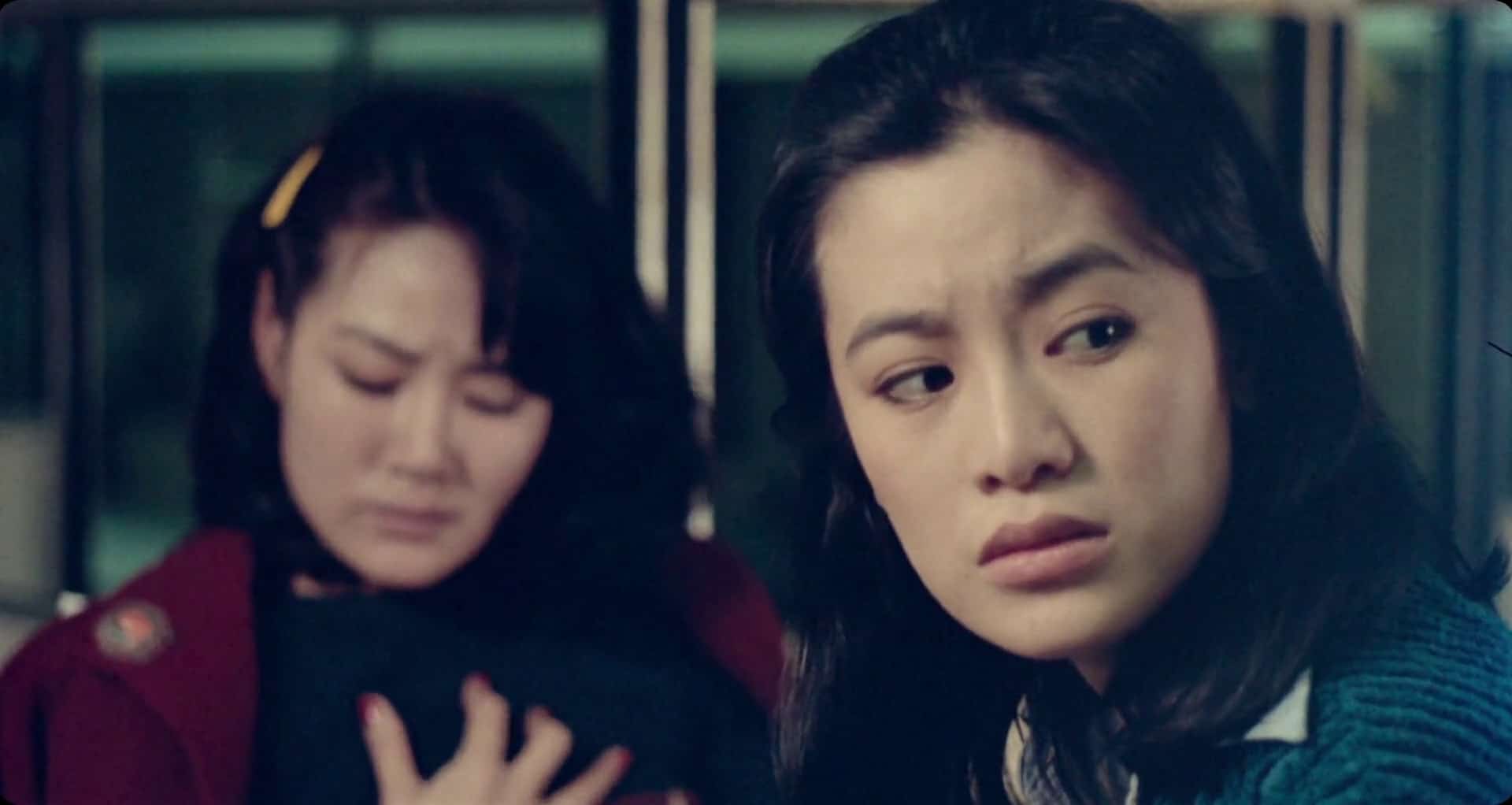
“The Secret” is where it all started for Ann Hui, who left television to make her feature film debut with this murder mystery. Based on a true story, a double homicide rocks Hong Kong. As the locality where the young woman lived still reels in from the shock, Lin, the best friend of the deceased girl starts having visions of the dead girl. Who killed the two? Whose shadow do the grandmother and Lin keep seeing in the house? And where is the red jacket that Li, the dead girl wore? “The Secret” scores not just as a whodunit, but it brings with it this incredible atmosphere of a paranoid '70s Hong Kong, a country torn between the east and the west, and attempts to offer an explanation to the then-recent murder mystery that had the country gripped. The editing for its time, in particular, deserves special mention. Upon release, the film was and still is hailed as an important work of the Hong Kong New Wave and was nominated for five awards at the Golden Horse Award including Best Feature Film (for which it came 2nd place) and Best Director for Ann Hui, ultimately winning Best Cinematography and Best Editing. (Rhythm Zaveri)
2. Boat People (1982)
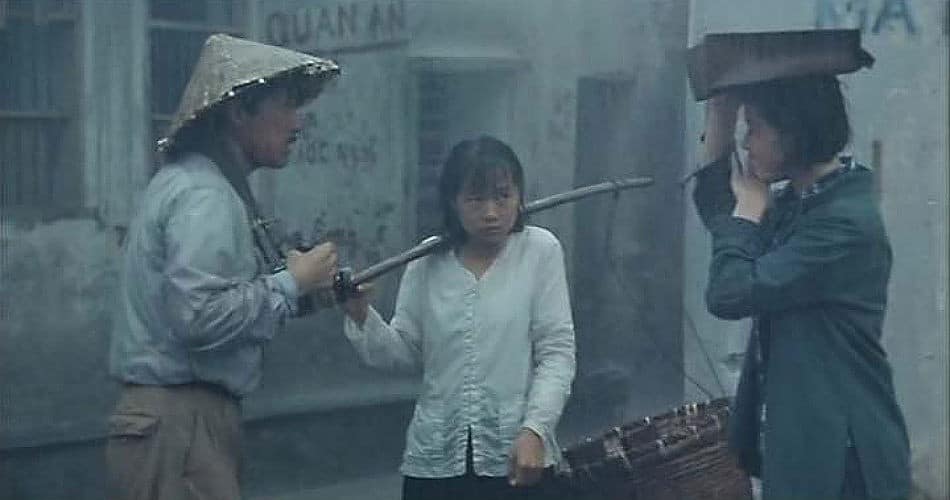
Unsurprisingly, “Boat People” has been the center of endless discussions, exploited by one side or the other according to the occasional need and frankly the dramatic rendering of the post-war Vietnamese Communism is truly affecting but we must not forget this is an Ann Hui's movie and that consequently the focus and the perspective are on the ordinary people and their lives in a tragic and extraordinary moment in history. However, we cannot deny that, through another country's history, the director has channeled the anxiety for the future that Hong Kong was experiencing at that time, the malaise of uncertainty as the handover was casting its shadow, the so-called China Syndrome. (Adriana Rosati)
3. Song Of The Exile (1990)
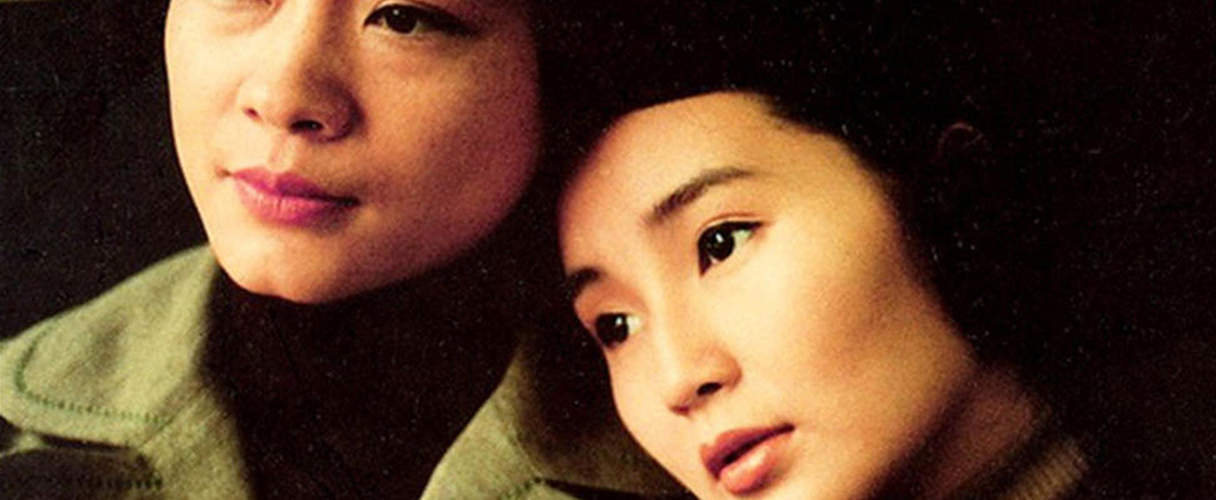
Based on director Ann Hui's semi-autobiographical story, “Song of the Exile” is a multi-layered family melodrama set in the 1970s. A young woman (a wonderful Maggie Cheung) returns home to Hong Kong for her sister's wedding, after years studying and living in London. The trip triggers dormant sentiments and conflicts, especially between her and her mother, and the two set off on a trip to Japan in search of past and origins. A story of reconciliation and discovery, “Song of the Exile” is also about the many different Asian diasporas, the sense of belonging and perfectly embodies the moods of a population eternally trapped between ambivalent feelings toward the colonial administration and Mainland China. (Adriana Rosati)
4. Summer Snow (1995)
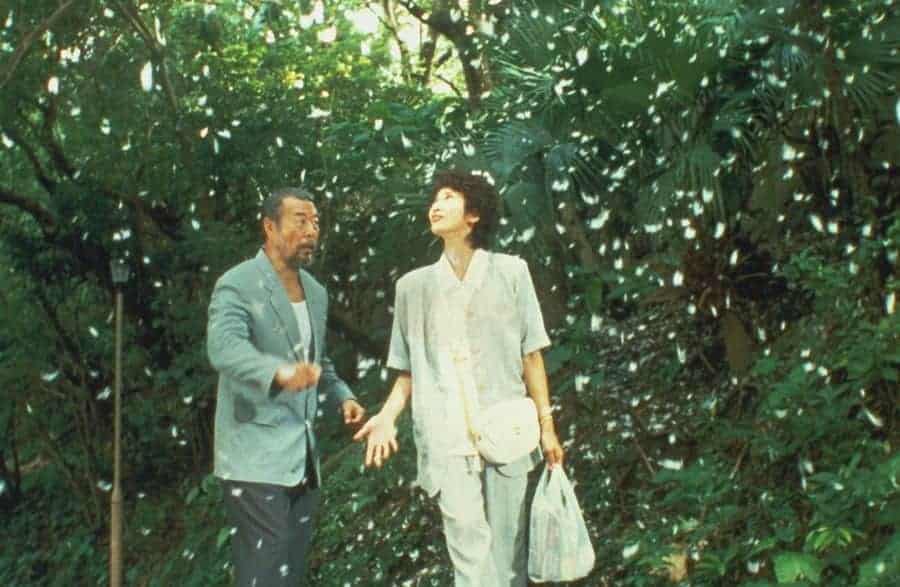
Ann Hui presents a number of social comments, most of which are represented by May's character, a woman in her forties who is part of an in-between generation, living in an era that is about to forget the blights of the war and the traditions that dominated that generation, but is not ready to adapt to the huge technological developments that are coming their way (Panos Kotzathanasis)
5. The Stuntwoman (1996)
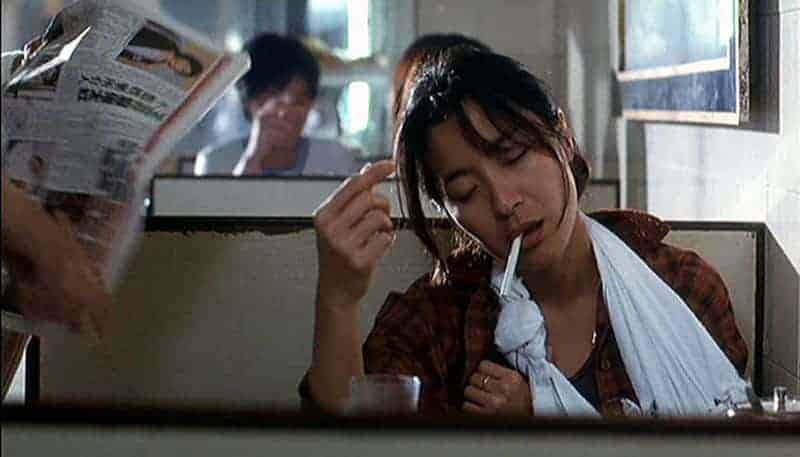
“The Stuntwomanˮ is at the same time portrait of a woman looking for her life path, and an insight into the Hong Kong action film industry. It captures that particular spirit of Hong Kong nostalgia with a dash of crude reality. Through the eyes of a China emigree and the crew newbie Ah Kam (Michelle Yeoh), “The Stuntwomanˮ lets us enter the family of action crew team lead by Tung (Sammo Hung). The camaraderie of the team members mixes with the long fingers of the “investors”, the dreams hit reality. The story by two writers, Kin Chung Chan and Man Keug Chan conveys the observant eye of Ann Hui who directs the film with a touch of documentary intimacy. (Krisitna Aschenbrennerova)


